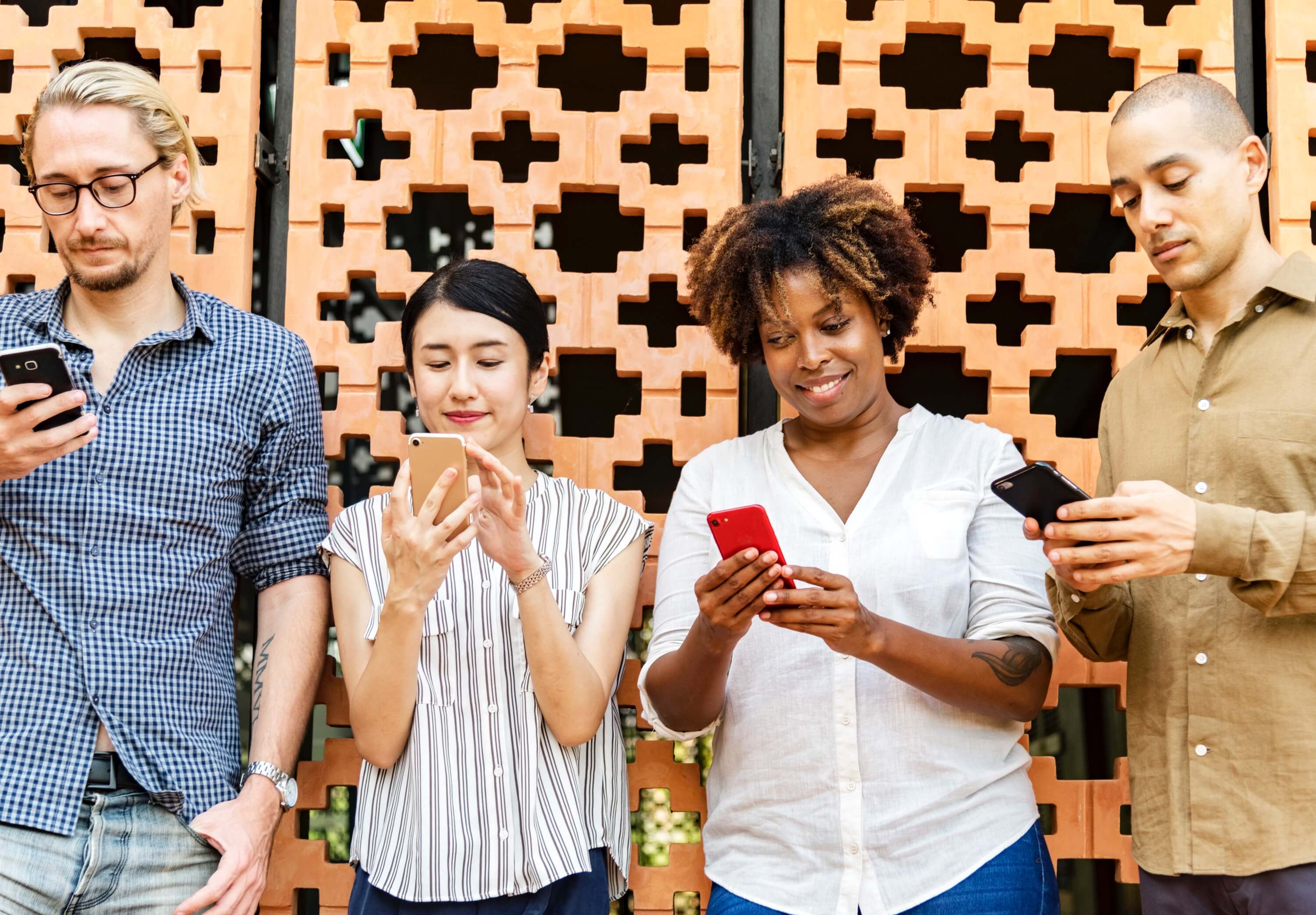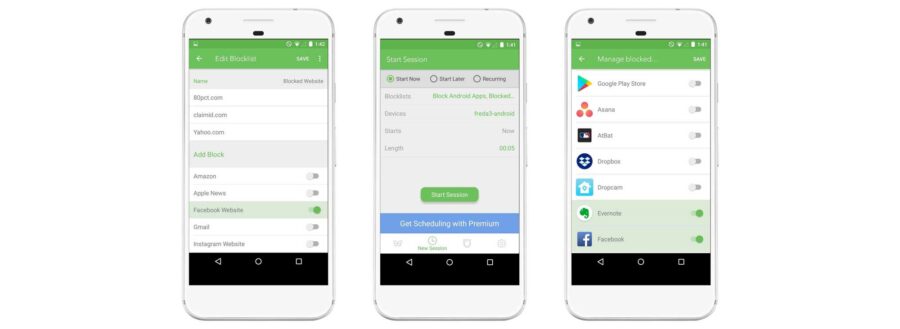
Should You Be Muting Your Push Notifications?
We’ve all been there. It’s 10:30 PM, you’re sitting in bed scrolling Instagram, winding down, and suddenly a work email or IM flits across your screen. Cue immediate panic. Even if its something small or trivial, there’s an immediate “switch cost,” aka the negative impact the interruption has on our brain, swaying us away from the task we’re trying to complete. The task could be as small as relaxing, or as large as prepping for a massive presentation at work.
The cost of switching your attention from a task is high — it could cut our efficiency by up to 40%, says Dr. Scott Bea. When we get a phone notification, it can even spike our cortisol levels, queuing the “fight or flight” response that is released when we perceive stress or a threat. Add to that the overwhelming anxiety associated with late-night work notifications, and you’ve got a recipe for disaster.
Related: Why Meditation Is The Next Big Productivity Tool
But the idea of the “switch cost” pervades day-to-day life, not just nighttime Instagram scrolling interrupted by a work colleague @mentioning you on Slack. Push notifications, the alerts that pop up on your phone’s home screen, have been an Apple feature since 2008 — that’s over 10 years of efficiency-impeding notifications from your favorite iPhone apps. Over that time, we’ve come to realize that getting constant notifications from dozens of apps on our phone isn’t actually productive, cue the switch cost concept, and can contribute to a sort of smartphone addiction, where people are constantly checking their phones for fear of missing some important information.

The idea that there’s always something happening that we need to be informed of, and potentially act on, can actually be really damaging to individuals and their mental health. In a piece by Refinery29 that covered the results of the “Do Not Disturb” challenge, where participants had to turn off their notifications for 24 hours, people reported to becoming more anxious about missing messages from friends and colleagues, despite the increase in productivity. But the article brings up an interesting solution with the concept of microboundaries — we need to learn how to set boundaries between ourselves and what is happening on our phone. A lot of the time, as is the case with social media or an email notification, we can not control the message being sent, but we can put up healthy boundaries that dictate how and when we receive it.
Related: How Working Out At Lunch Made Me 90% More Productive
So, where should we draw the line with important work notifications? We’ve confirmed that push notifications are not “healthy,” but seem like a necessary evil for working individuals, sort of like sitting at a desk all day or commuting into the office. The most obvious solution is to turn off all work-related push notifications, and even all app notifications in general, after hours, or when you leave the office. Setting a specific time where phone notifications are turned off entirely could help you wind down and prevent any additional stress or cortisol spikes.

Freedom blocks notifications through VPN.
If you can’t bring yourself to turn off all notifications, try just turning off work-related notifications and social media — people have reported felt increased control over their lives after muting social media comments, likes and shares. There are even some iPhone apps that do the job for you, blocking social media notifications, prohibiting you from going on certain apps, and even locking your ability to respond to text messages.
If you work in a client-facing business, or in a role where you need to check emails after you leave the office, consider turning off notifications but setting specific times, like 7 PM and 9 PM, to quickly check on fresh inbox items. You can also design a framework with your team for categorizing urgent requests that need attention through a specific subject line delineation.
That being said, there’s obviously a time and place for push notifications. You can set your Apple Watch or iPhone to give you health and movement updates throughout the day — a valuable asset to people looking to be more aware of their daily activity. Push notifications are also helpful for things like personal calendar reminders. No one wants to forget that yearly physical appointment they booked 6 months ago. But when it comes to notifications related to work, it seems like turning them, and those from other oft-used apps, off once you leave the office could help positively impact overall productivity and help build a better work-life balance. And who doesn’t want that?
What is your stance on push notifications? Have you tried muting work-related notifications after hours? Let us know in the comments below.
